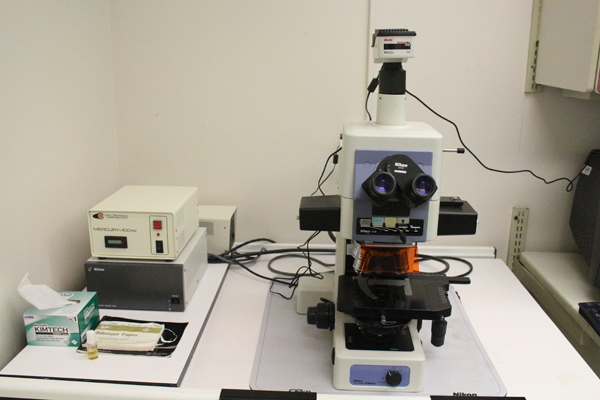Research Capacity Core

Integrated Informatics Services
Proteomics Services |
Genomics Services |
Neurogenetics & Bio-imaging Services |
Tropical and Infectious Diseases Research Services |
The proposed Research Capacity Core (RCC) integrates resources in the areas of Genomics, Proteomics, Informatics, Neurogenetics, Bioimaging, and Infectious Diseases research into one, transdisciplinary infrastructure core. The goal of the RIC is to function synergistically to maximize the quality and productivity of the research projects proposed in the Research Projects Core and in the pilot projects that will be funded through the Investigator Development Core, as well as to link RCMI faculty and scholars with other researchers at the institution. The RIC will also leverage other RCMI cores, including Administration, and Community Engagement.
This Research Infrastructure Core is committed to accomplish the following specific aims:
- to combine Bioinformatics, Health Informatics and Operational Informatics resources into one Integrated Informatics Service;
- to deliver high-end services to support Genomics and Proteomics research;
- to provide state-of-the-art Neurogenetics and Bio-imaging services, and
- to provide access to key resources for Tropical and Emerging Infectious Diseases research.
The RIC is managed by a faculty Core Lead, elected among the five faculty Service Leads. Technical staff are responsible for daily operations. A central electronic ticket system, allows users to request any service, to track progress and completion of services, and to register use of shared instrumentation. Another integrating element for the RIC is the charge-back system, which is managed centrally by the RCMI Program Administrator. Internal and external collaborations have been secured to avoid duplication of services. Instrumentation, hardware and most software required for the provision of these services are operational. The synergy among the RIC and its collaborating partners facilitates basic and translational science research, stimulates studies on health disparities, and contributes to the development of a diverse biomedical workforce at the UPR Medical Sciences Campus.

